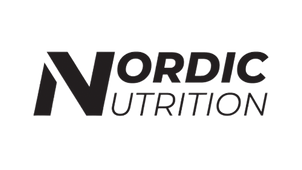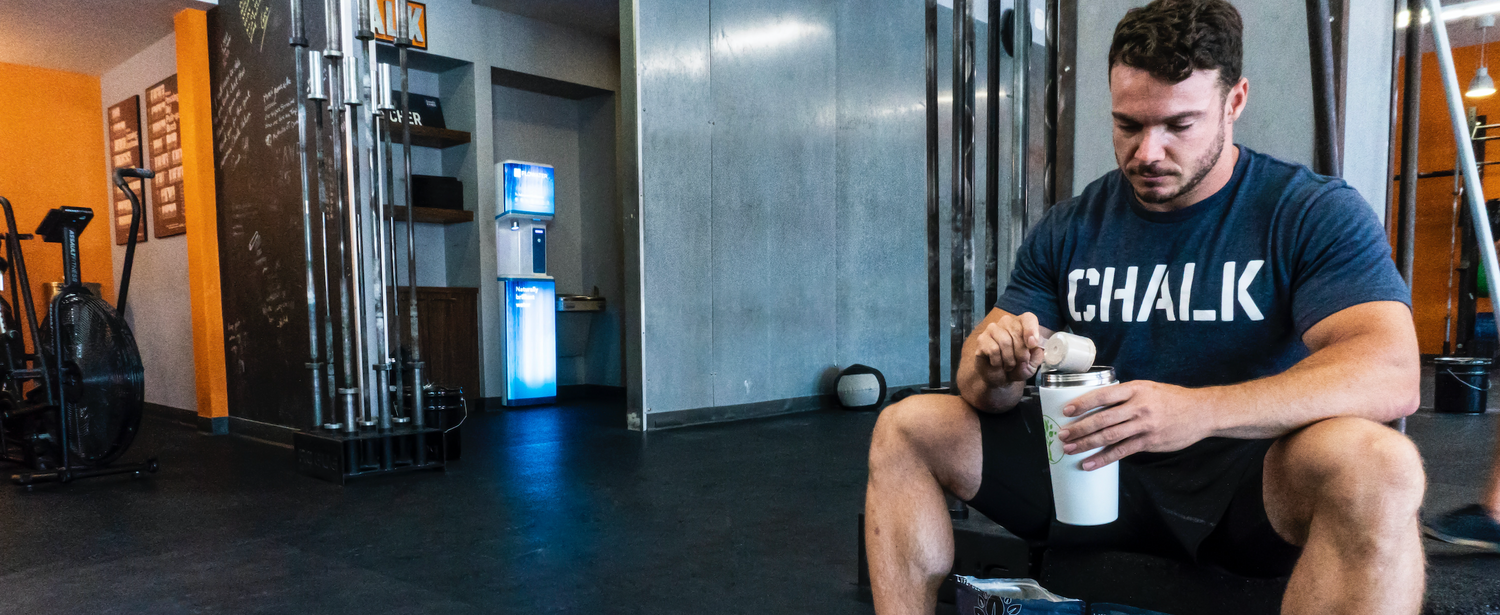Protein powder and creatine are some of the most popular dietary supplements that can be added to your diet. Protein powder helps build muscle growth, while creatine aids in increasing muscle mass.
In this article, we will delve into everything you need to know about protein powder and creatine, examining the types available and comparing their roles in muscle growth and overall supplementation.
Types of protein powder
Protein Powder provides your body with a concentrated source of protein. This nutrient is vital for muscle growth, muscle repair, and overall health. The amino acids protein powder contains are the building blocks your body needs to repair and grow muscle tissue. Consuming protein powder post-workout is a popular choice, as it aids in recovery and muscle development. It comes in various forms, including whey, casein, and plant-based options, each with its unique characteristics.
When considering protein powder, it's crucial to know the different types of protein powder. Whey protein powder is known for its rapid absorption and high levels of essential amino acids. On the other hand, casein protein is a slow-digesting protein, making it ideal for prolonged muscle protein synthesis. Plant-based options, like pea or soy protein, cater to those with dietary restrictions. Here you can read about the similarities and differences between whey protein powder and plant based protein powder.
Types of creatine
Creatine is another well-known supplement in the fitness community, praised for its role in enhancing physical performance, particularly during short bursts of intense activity. Like protein powder, there are severel types of creatine.
Creatine monohydrate is the most common and well-researched form of creatine. If you are considering using creatine for the first time, we recommend creatine monohydrate, as it is the most commonly used and scientifically researched form of creatine products.
However, other forms, such as creatine hydrochloride, creatine anhydrous, buffered creatine, creatine ethyl ester etc. is also an option.
Read much more about creatine here.
Creatine vs protein
While both creatine and protein powder support muscle growth, they serve different roles. Protein powder provides the amino acids needed for muscle repair, whereas creatine boosts energy production during high-intensity workouts. Many individuals choose to incorporate both into their supplementation routines to maximize their results.
Supplementation comparison
When it comes to supplementation comparison, it's important to understand that creatine and protein powder are not interchangeable. They can complement each other, especially for those looking to build muscle and improve their athletic performance.
Many wonder whether they can consume creatine and protein powder together. In fact, a combination of creatine and protein powder is the perfect mix. Therefore, you can easily add creatine to your shake made with protein powder without any issues. You should be aware that creatine is unstable in liquid. This means that you should not mix your protein shake with creatine too far in advance, as it will result in the breakdown of the creatine in your shake.
Supplementation timing and routine
Timing is key when it comes to reaping the full benefits of protein powder and creatine. While there is no one-size-fits-all approach, certain guidelines can help you make the most of these supplements.
For protein powder, post-workout consumption is a common practice, as it aids in muscle growth and recovery. However, you can also use protein powder as a convenient way to meet your daily protein needs, whether as a quick snack or a meal replacement. Just be sure to space your protein intake throughout the day to support muscle protein synthesis continually.
Creatine, on the other hand, is typically taken daily to saturate your muscles with this compound. The timing of creatine intake is flexible, but many people find success taking it either before or after their workouts. What's crucial is maintaining a consistent creatine routine and staying hydrated, as creatine draws water into your muscles.





